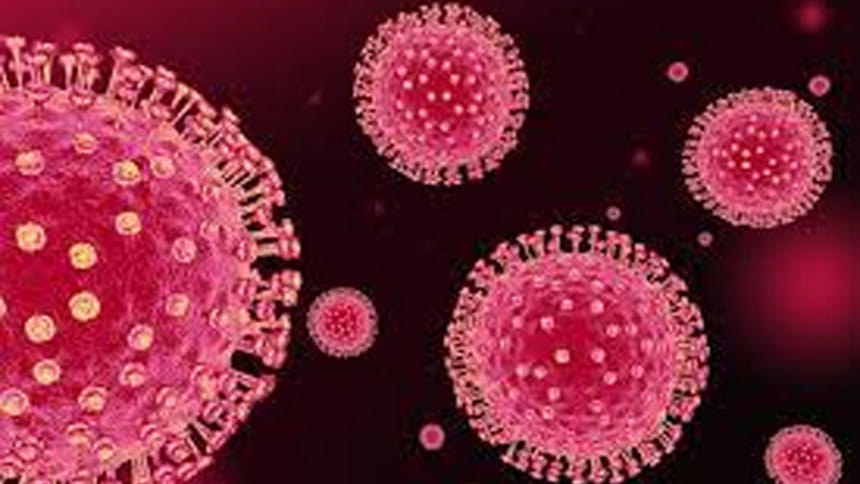SARS-Cov-2 infections may trigger antibody responses against multiple virus proteins

All coronaviruses produce four primary structural proteins and multiple nonstructural proteins. However, the majority of antibody-based SARS-CoV-2 research has focused on the spike and nucleocapsid proteins. A study published in PLOS Biology suggests that immune responses may develop against other proteins produced by the SARS-CoV-2 virus.
The efficacy of spike protein-based vaccines is variable and not everyone infected with SARS-CoV-2 produces detectable antibodies against the spike or nucleocapsid proteins. Therefore, expanded antibody-based options have the potential to play an important role in improving vaccines, diagnostics, and therapeutics, particularly given the emergence of new variants.
In addition to spike and nucleocapsid proteins, the authors located previously unknown, highly reactive B cell epitopes throughout the full array of proteins in SARS-CoV-2 and other coronaviruses, expanding the potential for future vaccine and therapeutic development. Future research is needed, however, to determine how long these antibodies remain and whether responses of vaccinated individuals differ from those who contracted COVID-19 prior to vaccination.
According to the authors, "Our extensive profiling of epitope-level resolution antibody reactivity in COVID-19 convalescent subjects, confirmed by independent assays, provides new epitopes that could serve as important targets in the development of improved diagnostics, vaccines, and therapeutics against SARS-CoV-2, variants of concern, and dangerous human coronaviruses that may emerge in the future".

 For all latest news, follow The Daily Star's Google News channel.
For all latest news, follow The Daily Star's Google News channel. 



Comments